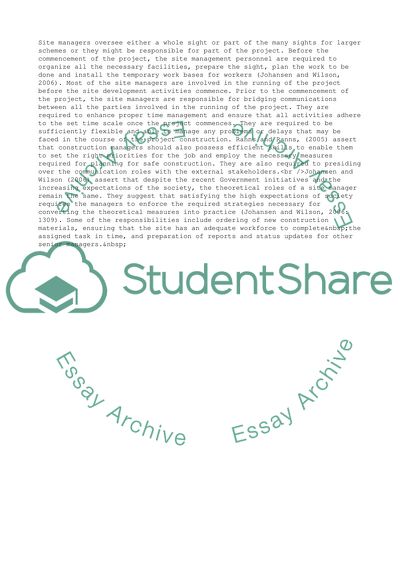Cite this document
(Government should Adopt Modern Management Techniques Essay Example | Topics and Well Written Essays - 2000 words - 3, n.d.)
Government should Adopt Modern Management Techniques Essay Example | Topics and Well Written Essays - 2000 words - 3. https://studentshare.org/management/1792877-modern-management-techniques
Government should Adopt Modern Management Techniques Essay Example | Topics and Well Written Essays - 2000 words - 3. https://studentshare.org/management/1792877-modern-management-techniques
(Government Should Adopt Modern Management Techniques Essay Example | Topics and Well Written Essays - 2000 Words - 3)
Government Should Adopt Modern Management Techniques Essay Example | Topics and Well Written Essays - 2000 Words - 3. https://studentshare.org/management/1792877-modern-management-techniques.
Government Should Adopt Modern Management Techniques Essay Example | Topics and Well Written Essays - 2000 Words - 3. https://studentshare.org/management/1792877-modern-management-techniques.
“Government Should Adopt Modern Management Techniques Essay Example | Topics and Well Written Essays - 2000 Words - 3”. https://studentshare.org/management/1792877-modern-management-techniques.


